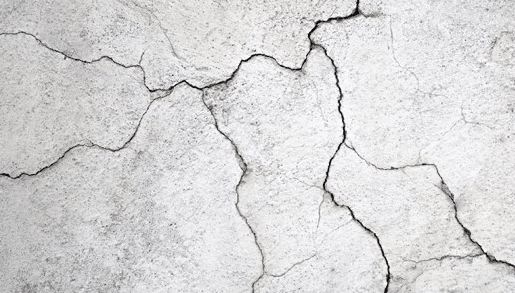What Are Effects Of Cracks In Concrete In Coronado?

- Cracks can cause the concrete to become structurally unsound. It is important to have cracks repaired as soon as possible to avoid any further damage.
- Cracks can allow water to seep into the concrete, which can lead to corrosion of the reinforcement steel. This can weaken the concrete and cause it to crumble.
- Cracks can also allow moisture to enter the concrete, which can lead to freeze-thaw damage. This type of damage is especially common in areas that experience freezing temperatures.
- Cracks can provide an entry point for pests or other animals. If not sealed, these cracks can become larger and allow pests access to your home or business.
- Cracks can also cause trip hazards. If someone trips on a crack in the sidewalk or floor, they can seriously injure themselves.
- Cracks can also be unsightly and make your home or business look unkempt. This can be a turnoff for potential customers or tenants.
- Finally, cracks can reduce the overall value of your property. If you are planning to sell or rent your property, it is important to have any cracks repaired first.
FAQ’s
Is Cracking Harmful?
Cracks can cause the concrete to become structurally unsound. It is important to have cracks repaired as soon as possible to avoid any further damage. Cracks can also allow water to seep into the concrete, which can lead to corrosion of the reinforcement steel. This can weaken the concrete and cause it to crumble. Additionally, cracks can provide an entry point for pests or other animals. If not sealed, these cracks can become larger and allow pests access to your home or business.
Which Cracks Are Serious?
Vertical cracks are generally the most serious type of crack. These cracks can indicate that the concrete is settling or that there is other underlying damage. Horizontal cracks are typically less serious, but can still be indicative of structural problems. Diagonal cracks can be either serious or minor, depending on their width and depth.
What Causes Cracking?
There are a variety of factors that can cause cracking in concrete. Some of the most common include: drying shrinkage, thermal expansion and contraction, settlement, poor workmanship, and inadequate reinforcement. Additionally, certain types of weather conditions can contribute to cracking, such as freezing temperatures or prolonged periods of heat and humidity.
Conclusion
Cracks in concrete can cause a variety of problems, from trip hazards to structural damage. It is important to have any cracks repaired as soon as possible to avoid further damage and maintain the value of your property. If you are unsure of how to repair a crack, it is best to hire a professional contractor. For more information, contact Concrete Contractor Coronado at (619) 304-9897.